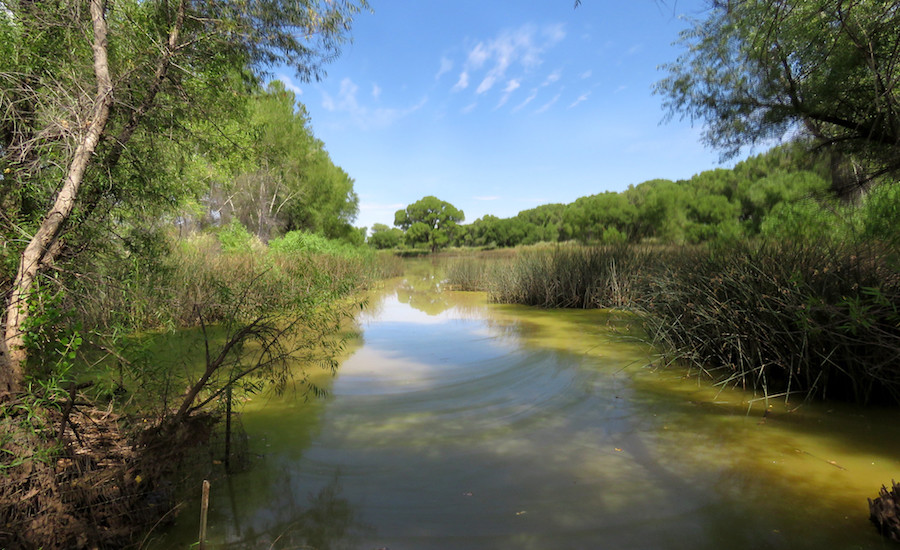
The draft version of the rule, which went into effect near the end of Trump’s time in office, was specifically criticized by the Environmental Protection Agency’s (EPA) own science advisory board. They said the norm ignored current scientific understanding and was incompatible with the aims of the Clean Water Act.
“We would like to avoid having each administration change the regulations which leave green energy, mining, housing and critical infrastructure projects in question.”
Steve Trussell, executive director of the Arizona Rock Products Association
Mining and farming representatives were not pleased with the ruling. Steve Trussell, executive director of the Arizona Rock Products Association, said the ruling reinstates uncertainty around what is regulated, what the regulations are, and how they will be implemented.
“Sadly, the uncertainty of this decision will only harm the … parties which represent job creators and the backbone of America’s economy,” he told Arizona PBS. “We would like to avoid having each administration change the regulations which leave green energy, mining, housing and critical infrastructure projects in question.”
For the six federally recognized Native America tribes who had sued the EPA and Army Corps for passing a rule they accused of failing to protect their waterways, this week’s verdict is a victory.
“The court recognized that the serious legal and scientific errors of the Dirty Water Rule were causing irreparable damage to our nation’s waters and would continue to do so unless that Rule was vacated,” said Janette Brimmer, attorney for Earthjustice, which represented the tribes.
The tribes include the Pascua Yaqui Tribe, Tohono O’odham Nation, Quinault Indian Nation, Menominee Indian Tribe of Wisconsin, Fond du Lac Band of Lake Superior Chippewa, and the Bad River Band of Lake Superior Chippewa.
(With files from Reuters)




